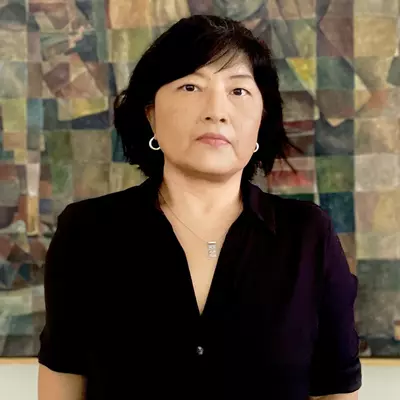State Asymmetry and Authoritarianism: Tibet, Territory and the Spatial Turn in the Study of the Chinese State
December 5, 2023 | 4:00PM - 5:30PM
|
In-person
This event took place in-person at Room 208N, North House, 1 Devonshire Place, Toronto, ON, M5S 3K7
ABOUT THE SEMINAR
This seminar traced state asymmetry as an analytical framework for the study of forms of power in authoritarian systems. Through the lens of a long term study of Tibet's governance in the People's Republic of China, the study of the politics of space is posited as a means for illuminating ongoing processes of regionalization and the construction of new scales of policy interests, casting new light on the reterritorialization of Tibet and the partitioning of its governance within the Chinese state. This structural approach to asymmetry in authoritarian states offers insights into the operation and analytics of power that are obscured by prevailing discourses on political disputes and contested regions that focus on minoritization and assimilation of ethnonational groups. By taking into account the spatial differentiation of policy interests and governance structures within authoritarian systems, state asymmetry provides a research framework that challenges conventional notions of authoritarian state power while offering a model that can better predict political behavior and the emergence of political conflict.
ABOUT THE SPEAKER
Tashi Rabgey is Research Professor of International Affairs at George Washington University where she focuses on territorial politics, autonomous governance and state asymmetry with a specialization on Tibet and China. She directs the Research Initiative on Multination States (RIMS) at the Elliott School of International Affairs as well as the Tibet Governance Project (Tibet GovLab) which advances research on governance and public policy in contemporary Tibet. Dr. Rabgey led the development of the Tibet Governance and Practice Forum (TGAP), a seven-year research initiative that engaged policy researchers from the Chinese State Council in Beijing, as well as global academic partners including the University of Oslo, UQÁM, the University of Deusto and Harvard. Her work on TGAP developed new field-based knowledge and analytical insights on the institutional structure and dynamics of China’s policymaking in Tibet and other regional autonomies. She is also completing a long term project on legal pluralism, nationality law and the effects of sovereignty in post-democratization Taiwan. She directs experimental programs on regional governance and autonomy in collaboration with the University of the Basque Country and was recently a visiting professor at the University of Kurdistan Hewlêr (Iraqi Kurdistan) where she supervises Ph.D. students and Kurdish graduate students of law.
(Chair) Jacques Bertrand is Professor of Political Science at the University of Toronto, as well as Director of the Collaborative Master’s Specialization in Contemporary East and Southeast Asian Studies (Asian Institute, Munk School of Global Affairs and Public Affairs). He was the founding director of the Centre for Southeast Asian Studies at the Asian Institute. He is also the co-founder of the Postcor Lab at the University of Toronto, a research hub for the study of civil wars and war-to-peace transitions. His most recent books include Winning by Process: The State and Neutralization of Ethnic Minorities in Myanmar (w/ Ardeth Thawnghmung and Alexandre Pelletier, Cornell UP, July 2022) and Democracy and Nationalist Struggles in Southeast Asia: From secessionist mobilization to conflict resolution (Cambridge UP, 2021).
Sponsor: Asian Institute, Munk School of Global Affairs & Public Policy

